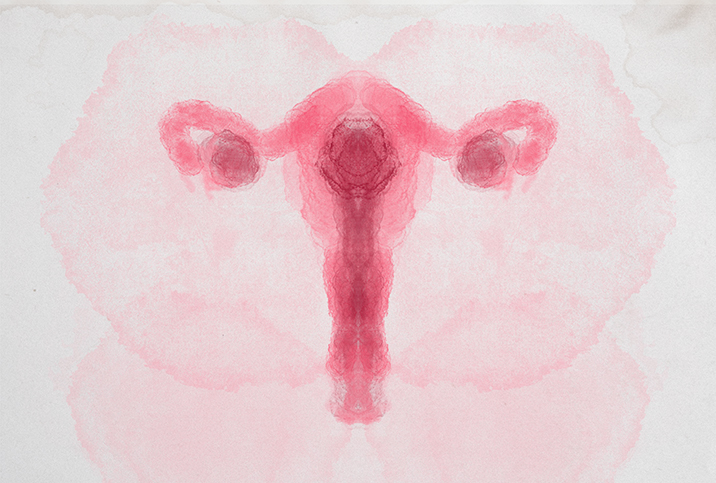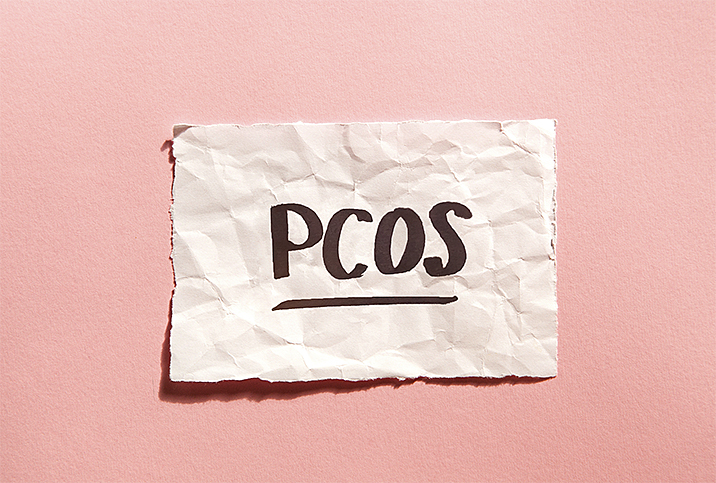Is There a Link Between PCOS & Ovarian Cancer?

While it hasn’t been confirmed by large-scale population studies, some research has suggested there may be a link between polycystic ovary syndrome (PCOS) and increased risk for ovarian cancer, which is responsible for most deaths caused by cancers of the female reproductive system. Other studies, however, have found the inverse to be true, so if you have a concern about this link, communicate with your doctor to assess your personal risk factors.
Is there a connection?
PCOS is a hormonal disorder commonly found in women of reproductive age. It can cause infrequent or longer-than-normal periods and lead to the excess production of male hormones known as androgens. Patients with PCOS may have absent or irregular patterns of ovulation compared to those without this condition and may be at higher risk for pregnancy failure or infertility. This is due to hormonal imbalances that alter the normal development of the egg and result in small cysts in the ovary.
A 1999 research paper published in The Journal of Clinical Endocrinology & Metabolism, in addition to some other small studies, suggested that women who have PCOS are two to three times more likely to develop ovarian cancer at some point during their lifetime. However, this research is limited. And in fact, there are even conflicting findings on the issue. According to the National Institutes of Health, some research has even hinted that women with PCOS may have a lower risk of ovarian cancer.
An analysis on the long-term health consequences of polycystic ovary syndrome published in the Hippokratia Quarterly Medical Journal in 2009 suggested that women with PCOS are expected to be at lower risk for developing ovarian cancer because PCOS leads to a reduced lifetime ovulation rate. However, the paper goes on to suggest that the ovulation induction treatments some women with PCOS undergo may alter their hormonal balance in a way that could put them at greater risk for ovarian cancer.
The authors of the analysis concluded that more research is needed to better understand what kinds of long-term impacts PCOS has on women’s overall health, including their risks for diseases such as ovarian cancer and breast cancer.
What to do
If you are concerned you might have PCOS, common symptoms include irregular periods, excess facial and body hair, severe acne and male-pattern baldness, but talk to your doctor for a more definitive diagnosis. As for ovarian cancer, the warning signs can be less specific, with patients often reporting pain in the pelvis and abdomen, sudden weight loss, constipation, fatigue, nausea, bloating and urination problems. Again, if you think you are at a higher risk (due to personal or family history) or are experiencing anything out of the ordinary, talk to your doctor about getting a risk assessment and determining what the best prevention and detection strategies are for you.
As for the potential link between PCOS and ovarian cancer, only time—and additional research—will tell.


















